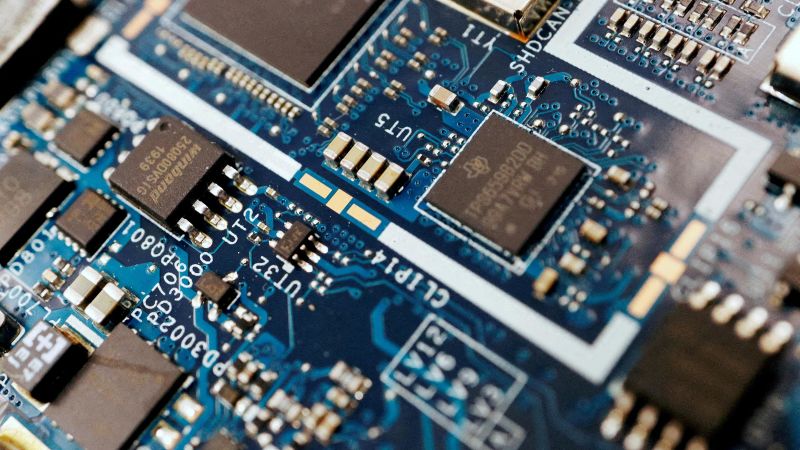
Former President Donald Trump has officially rolled back a series of technology export controls established under the Biden administration. The original curbs were designed to limit the transfer of advanced U.S. technologies, such as artificial intelligence and semiconductor components, to countries considered foreign adversaries, notably China.
These restrictions were intended to safeguard national security interests by ensuring that cutting-edge American technology did not bolster the military or surveillance capabilities of nations with strategic conflicts with the United States. However, major U.S. tech companies had voiced strong objections to the broad scope of the rules, arguing that they stifled innovation, harmed competitiveness, and restricted access to lucrative international markets.
Trump’s rescission of the export controls signals a shift toward a more industry-friendly approach, prioritizing economic growth and corporate interests over stringent national security protections. While supporters argue that loosening these restrictions will help preserve U.S. leadership in high-tech sectors by maintaining broader global market access, critics warn that it could jeopardize the country’s technological advantage and inadvertently empower rival nations.
This policy reversal marks a significant departure from the Biden administration’s strategy, which had focused on aligning technological exports with broader foreign policy goals. Observers anticipate continued debate over the balance between safeguarding innovation and maintaining national security in an increasingly competitive and interconnected global tech landscape.
Source: https:// – Courtesy of the original publisher.








